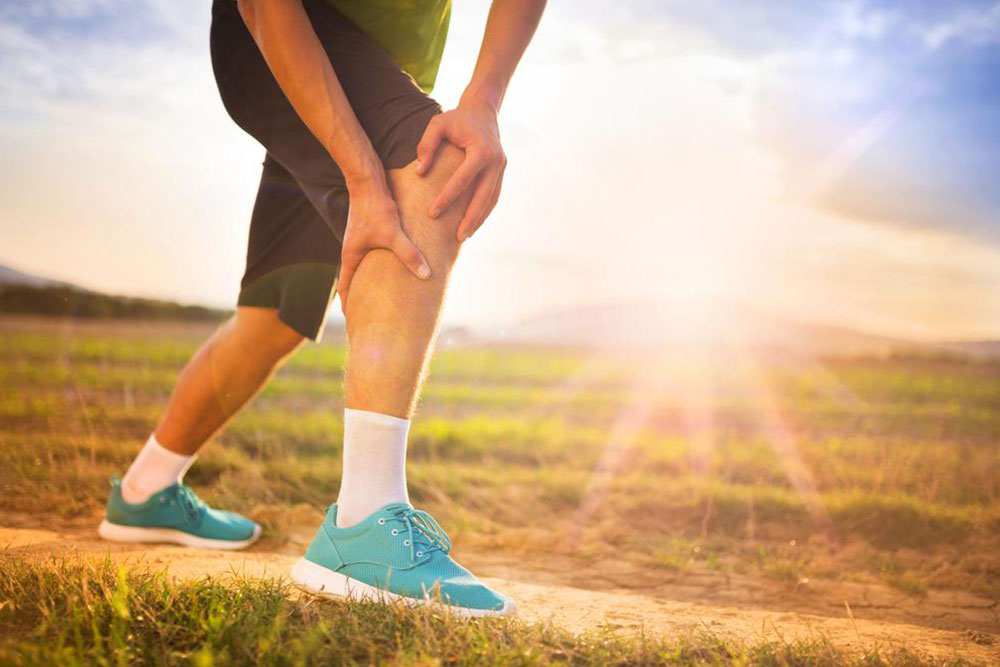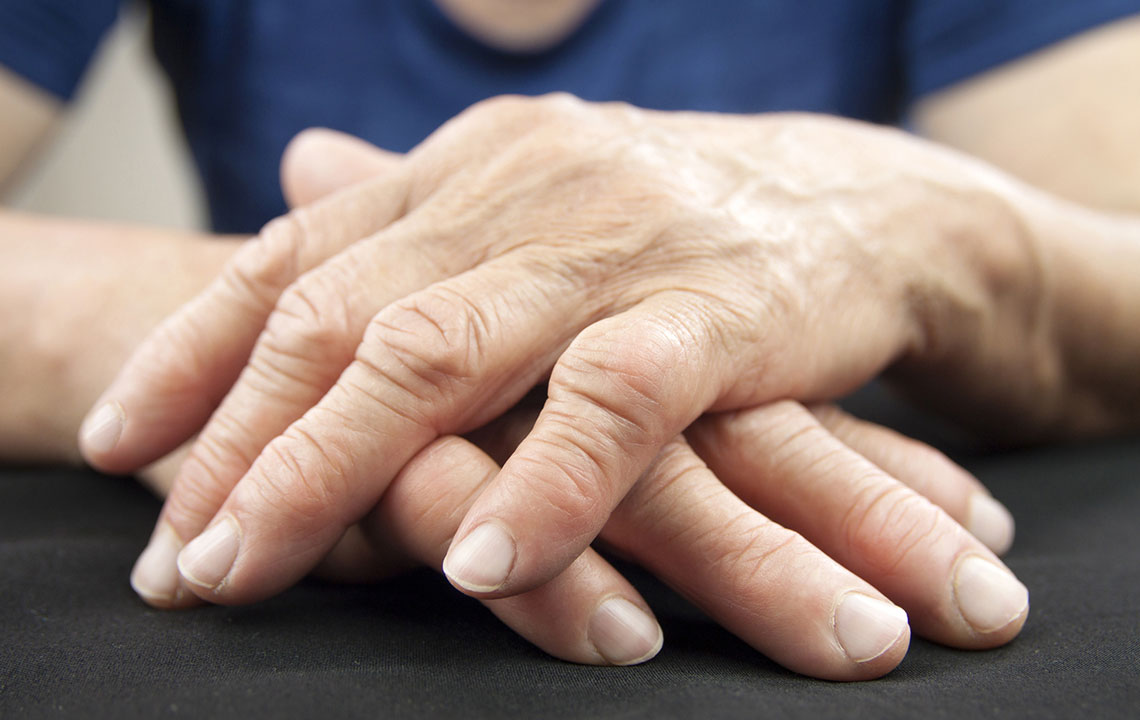Comprehensive Approaches to Alleviate Arthritis Pain and Improve Lifestyle
Explore comprehensive strategies to manage arthritis pain effectively. This detailed guide covers natural remedies, lifestyle tips, activity guidelines, prevention, and advanced treatments to help you reduce discomfort and enhance your quality of life. Learn how to identify pain types, implement safe exercises, and seek appropriate therapies for lasting relief and joint health.

Comprehensive Approaches to Alleviate Arthritis Pain and Improve Lifestyle
Arthritis is a widespread condition characterized by inflammation of the joints, commonly affecting areas such as the knees, elbows, hips, and shoulders. It profoundly impacts daily life, causing persistent pain, stiffness, swelling, and reduced mobility. For millions worldwide, managing arthritis effectively is crucial for maintaining independence, comfort, and overall quality of life. This article explores in-depth strategies, natural remedies, activity guidelines, prevention tips, and treatment options to help those suffering from arthritis reduce discomfort and improve their well-being.
Understanding Types and Origins of Arthritis Pain
Arthritis pain manifests in various forms, primarily categorized as nociceptive or neuropathic, each stemming from different underlying causes.
Nociceptive pain is caused by tissue injury, inflammation, or joint damage, which activates pain receptors in affected areas.
Neuropathic pain arises from nerve damage or malfunction, leading to sensations like burning, tingling, or electric shocks that can be persistent and difficult to treat.
Effective management depends on identifying the type of pain and its source to apply targeted treatment strategies.
Nociceptors, the nerve endings in tissues, detect danger signals—such as inflammation or injury—and communicate this to the brain, resulting in pain sensation.
Neuropathic pain involves nerve pathways themselves becoming dysfunctional or damaged, often requiring specialized therapies for relief.
Addressing neuropathic discomfort can be challenging since traditional painkillers may not always be effective; thus, holistic approaches are often recommended.
Natural and Lifestyle Strategies to Reduce Arthritis Discomfort
Maintaining a healthy weight is fundamental, as excess weight places added stress on weight-bearing joints, exacerbating pain and accelerating joint degeneration.
Engaging in regular, low-impact exercises, such as walking, swimming, or cycling, helps preserve joint flexibility, strengthen muscles around joints, and reduce stiffness.
Thermal therapies play a significant role in alleviating symptoms; applying heat packs or warm compresses before activities or during stiffness episodes can enhance comfort.
Cold therapy, such as ice packs, can reduce swelling, inflammation, and pain during flare-ups, providing immediate relief.
Complementary therapies like acupuncture have shown effectiveness in decreasing joint pain and inflammation, especially when integrated into a comprehensive treatment plan.
Mind-body practices, including yoga, tai chi, and meditation, help lower stress levels, which can influence pain perception and overall emotional health.
Supplements such as Omega-3 fatty acids from fish oil have anti-inflammatory properties, potentially decreasing joint stiffness and improving mobility.
Turmeric, with its active compound curcumin, exhibits anti-inflammatory effects that may help reduce joint pain when incorporated into diet or taken as supplements.
Massage therapy can relieve muscular tension around affected joints, improve circulation, and enhance mobility and comfort.
Activities and Behaviors to Avoid During Arthritis Flare-Ups
High-impact activities like running, jumping, or strenuous tennis can worsen joint damage; during flare-ups, it's essential to switch to gentler exercises.
Overusing medications or certain treatments without medical guidance might lead to adverse effects or reduced efficacy.
Persistent or severe joint pain should never be ignored; timely consultation with healthcare professionals is critical for appropriate diagnosis and management.
Addressing mental health is vital; depression and anxiety are common among arthritis sufferers and can intensify pain perception—counseling or medication under medical supervision can help.
Smoking boosts inflammation and impairs joint tissue regeneration, exacerbating symptoms; quitting smoking is highly recommended.
Negative mental attitudes may worsen pain; adopting positive outlooks and practicing stress-reduction techniques can be beneficial.
Preventive Measures to Minimize Arthritis Symptoms
Regular monitoring of joint health becomes increasingly important with age, especially for individuals with risk factors.
Maintaining an active lifestyle, eating a balanced, anti-inflammatory diet low in processed sugars, and avoiding tobacco use can significantly lower arthritis risk.
Hand and joint-strengthening exercises safeguard joint function and delay disease progression.
Early diagnosis and intervention are vital. Addressing symptoms promptly can slow progression and reduce severity of pain over time.
Medical and Therapeutic Treatments for Joint Discomfort
Consultation with healthcare providers is essential for crafting personalized management plans, which may include physical therapy, medications, or other interventions.
Over-the-counter pain medications like NSAIDs provide temporary relief, but long-term use should be monitored by physicians.
Topical treatments, such as creams containing capsaicin or menthol, can offer localized relief from joint pain.
In some cases, corticosteroid injections or advanced therapies like biologics may be necessary for severe or refractory cases.
Managing arthritis entails a holistic approach—combining medical treatments, lifestyle modifications, and natural remedies. Engaging in enjoyable physical activities, surrounding oneself with supportive communities, and seeking timely medical advice can dramatically improve comfort and overall health. Empower yourself with knowledge and proactive strategies to combat arthritis effectively and lead a fulfilling life, despite the challenges posed by this condition.





